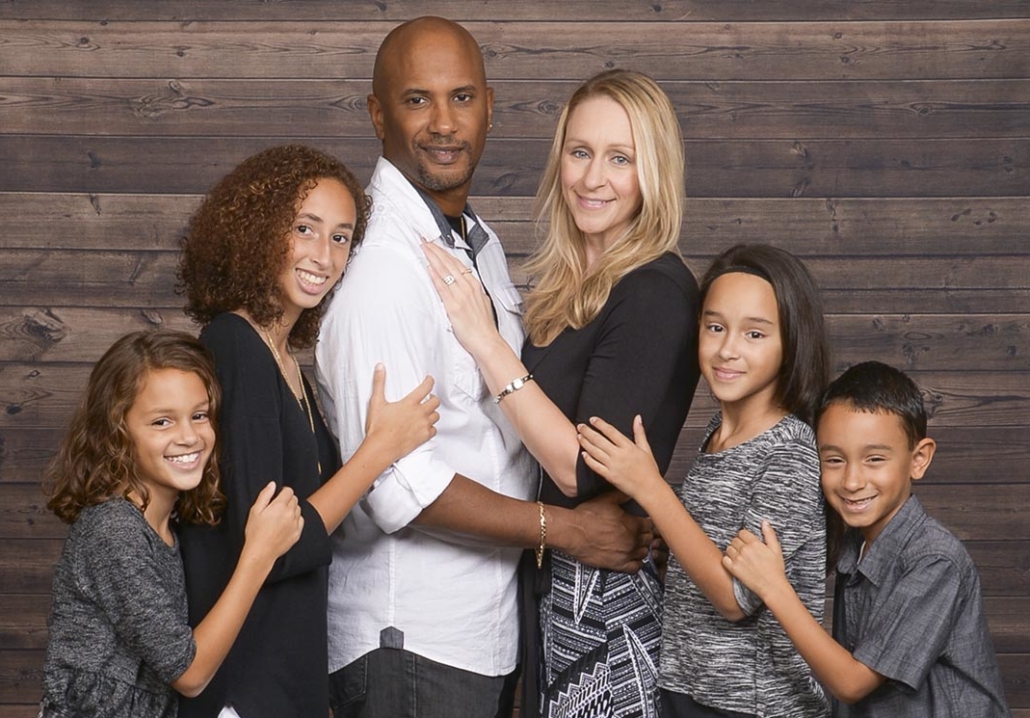The Different Love Languages Can Help Improve Your Relationship
We all know that vital relationships are important to our mental and physical health. When the seminal book on love – specifically love languages – was published by Gary Chapman Ph.D. in 1992, he probably couldn’t have imagined how important The Five Love Languages: How to Express Heartfelt Commitment to Your Mate would become. It is a book that has gone on to define our vital relationships – both with our partner and with friends – and it is always worth a quick reminder of what those languages are and how they work.
It is worth noting that healthy and balanced relationships will hit all five of these languages in some way often. Still, it is also true that everyone has different needs and values some of the languages more than others. At the very least, see this as a reason to talk to your partner about which of the love languages they value most so that you can improve your vital relationship with them.
Quality Time
The keyword here is “quality.” You may spend hours with your partner every day, but if that time is spent helping with the kids or watching TV together, it isn’t going to seem like quality time to someone requiring this language. Another key is to put down your phone and pay attention with your eyes along with your ears as something this simple shows that you are engaged in what your partner – or friend – is saying and that you are there for them and not whoever is down the other end of the line.
Physical Touch
A pretty simple one here as long as you remember that this doesn’t mean that the person is looking just for sensual and sexual touches all the time. This is more about physical closeness and the comfort and security that is provided within that. Think walks in the park with hands held, cuddling on the couch while watching a movie instead of sitting apart, or playing with their hair after a stressful day. Please make an effort to be close to someone who needs this language and show them you care.
Words of Affirmation
This language is all about encouraging your partner verbally and showing them that you are in tune with their day and their life with your words. This can be as simple as an encouraging text before a meeting or a congratulatory one when something goes well. It is worth noting that while telling someone you are in a vital relationship with you love them is essential, it might not be enough here. Try to tailor those words – which are important – to the situation to make someone with this language feel loved and valued.
Acts of Service
This is an outdated way of only doing things that make your partner’s life easier by taking away something they have to do. This can be as simple as washing the dishes or taking out the trash, which shouldn’t be seen as chores but as acts of service to the person you love. Doing these things together – especially when it is something like cooking dinner with a glass of wine – can be an excellent way of showing this language and creating a closer bond.
Receiving Gifts
The first thing to do with this love language and your vital relationship is to remove the feeling that it is materialistic or greedy. Gifts in this way don’t have to break the bank – they don’t have to cost anything at all – but instead are all about showing thought in the gift. Maybe picking a wildflower on a walk in the country or tracking down an old recipe from an in-law that your partner loved as a child, the options here are endless without having to spend hundreds of dollars on soon-to-be discarded junk.
Article by Vital Guidance













